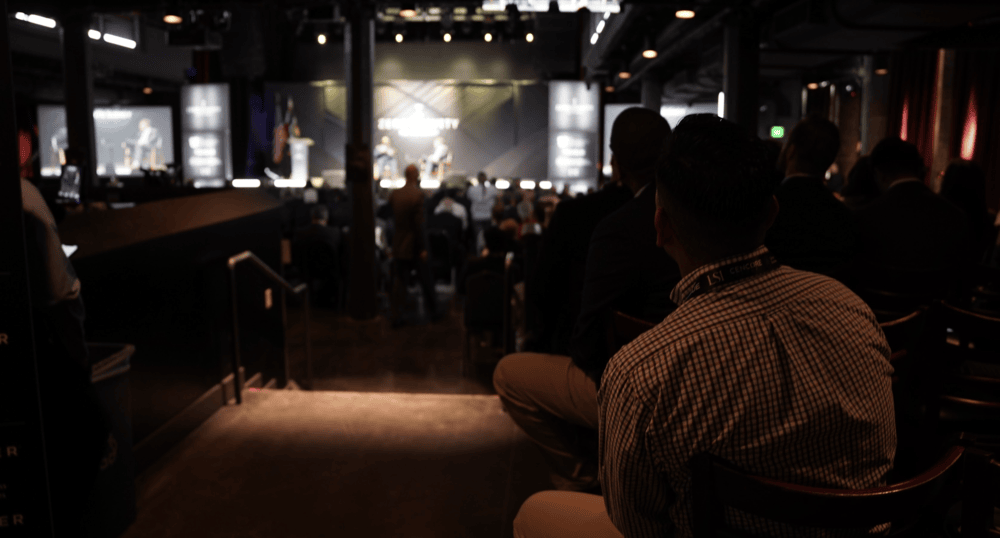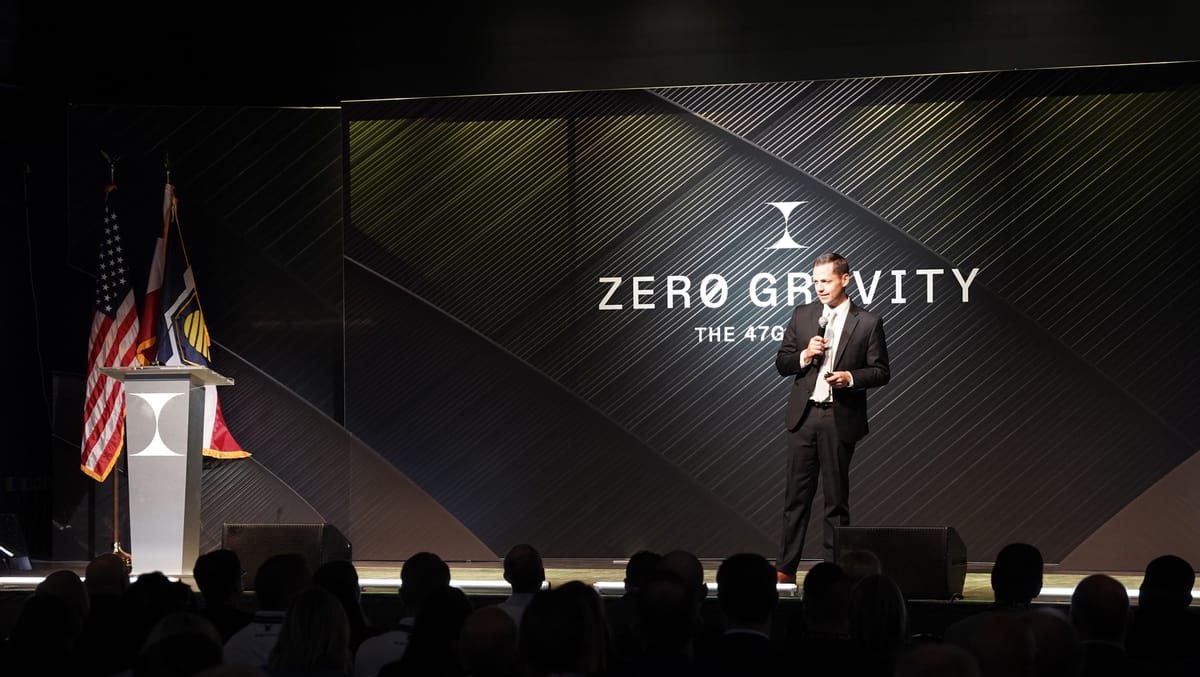

Today the Zero Gravity Summit was hosted by 47G at multiple locations at The Gateway (The Depot, Kiln Gateway, Cicero and Flanker Restaurant) in Salt Lake City, Utah. This inaugural event for 47G convened hundreds of guests from around the country to discuss how tech companies are revolutionizing the defense sector in the United States. It focused on numerous aspects including energy, biotech, AI, capital, critical minerals, and space and satellite tech. The event was sold out. Organizers told TechBuzz they expected 400 attendees. Over 700 attendees arrived, contributing to a successful first big event for 47G, a newly rebranded organization that is now merely two years old. Next time they will need to order more lanyards.
47G is a Salt Lake City, Utah-based organization that seeks to centralize national aerospace and defense companies to Utah and to provide events, networking, government relations assistance and other supportive activities to both mature enterprises and fledgling startups in the defense and aerospace sectors, including myriad related sub-sectors. To support their mission, they have partnered with academic institutions, government, and service providers. They consider Utah to be America’s frontier for Deep Tech.
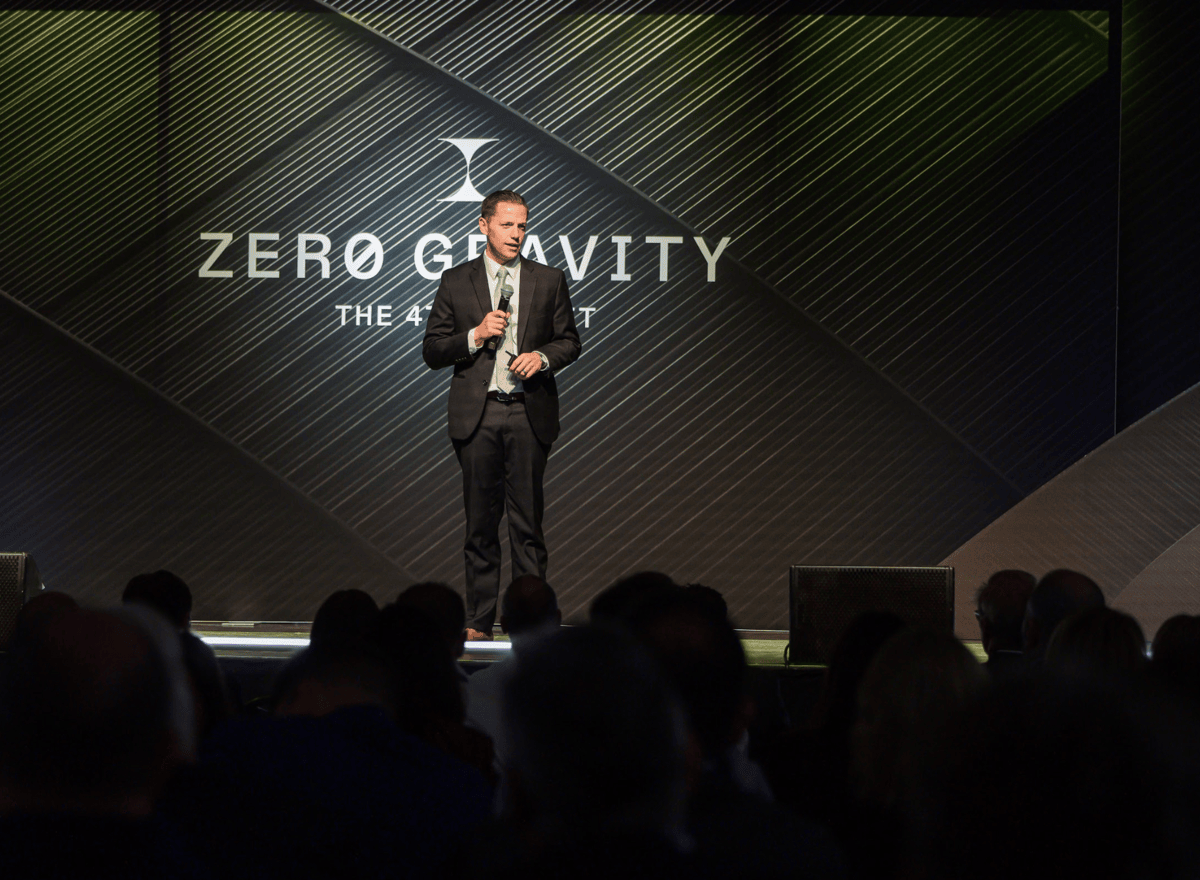
Aaron Starks, CEO and President of 47G, opened the conference by telling the audience, “You are truly developing the next generation of technology to put into the hands of the war fighters to keep our nation strong…This is an opportunity for us to come together and have a dialogue about how we guarantee economic success for future generations.”
The industry has started relying on businesses to develop technology and other resources. Greg Little, Senior Counselor of Palantir Technologies (Palo Alto) mentioned in his discussion with Aki Jain, Palantir’s CTO and President, that there has been a shift from American innovation from government to commercial sectors, emphasizing the importance of software and AI.
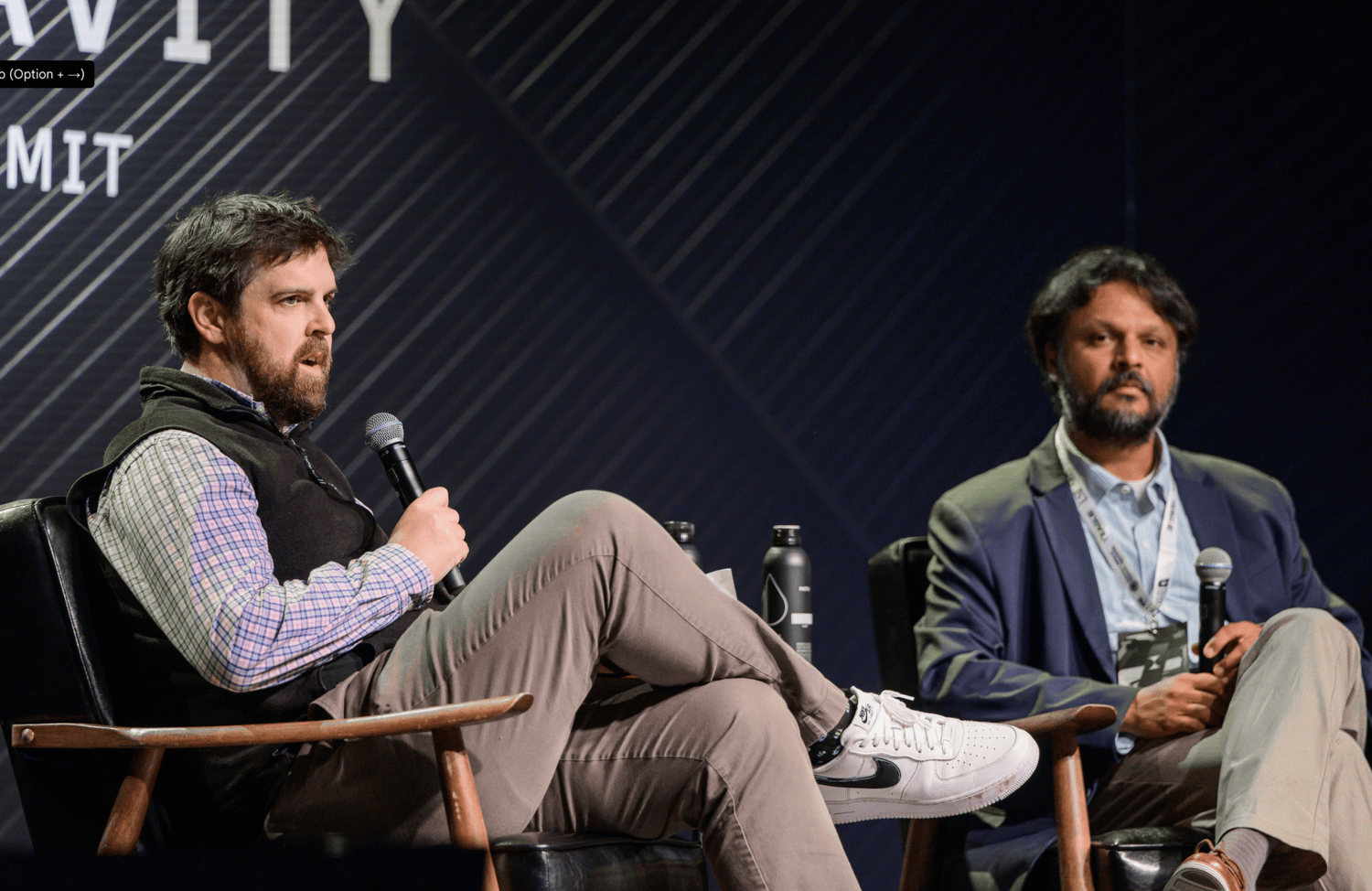
They noted the importance of obtaining great software to connect data and break down silos in national security. They stated the need to change the incentive structure to encourage collaboration between primes and non-traditional defense companies. In addition, they advised that VCs and companies should focus on solving problems and understand user needs rather than just developing technology. By doing so, they will have more purposeful equipment to better the defense sector.
To add to the conversation, one panel focused on the strategic uncertainty and economic considerations influencing global security. They mentioned the importance of data as a new factor of production, with AI and strategic competition being crucial trends.
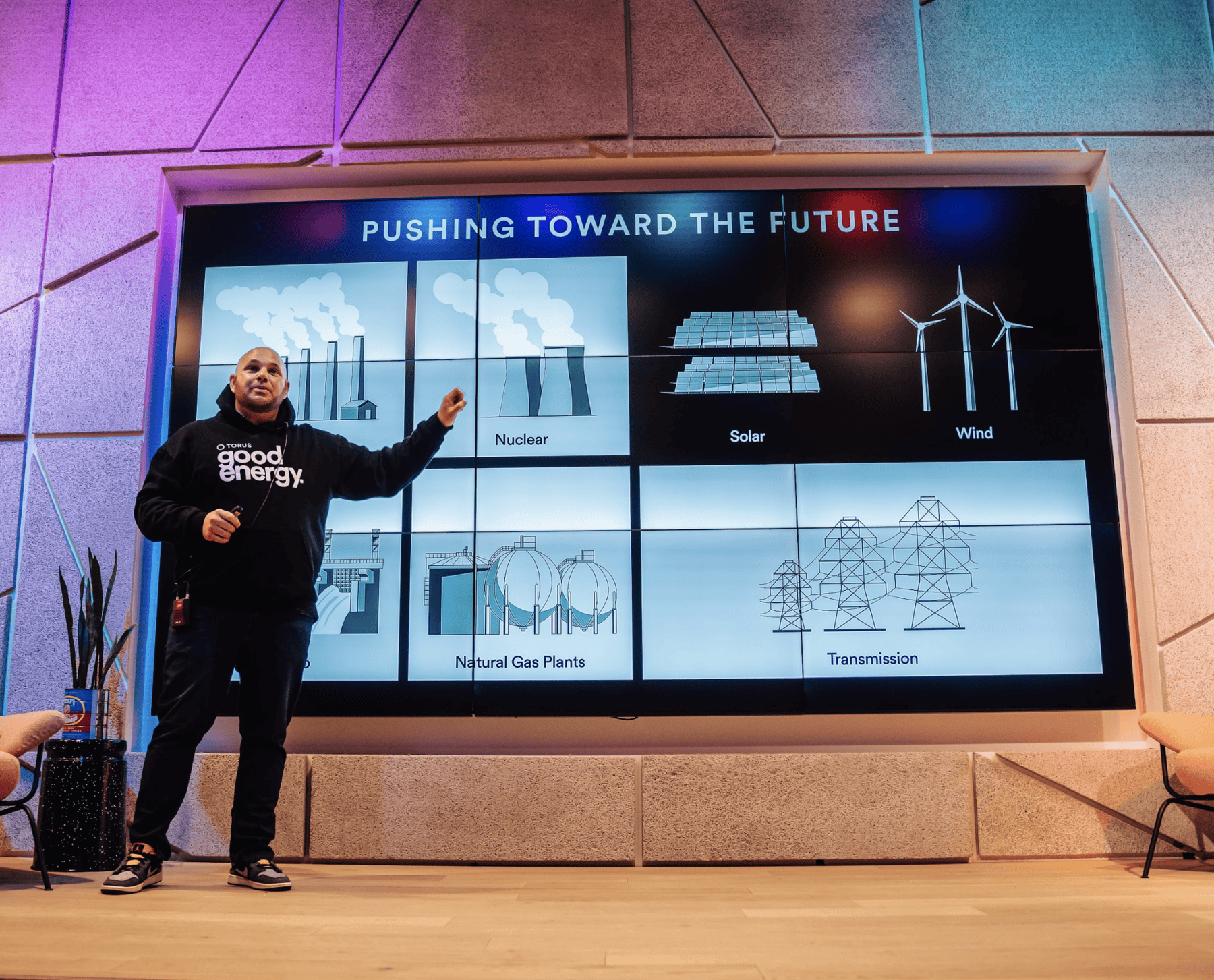
One of the panelists, Susan Gordan (Former Principal Deputy Director of National Intelligence), stated, “The technologies that are developed are going to change the business you have…The biggest supply chain risk that we all have right now is talent using intelligence to protect our people.”
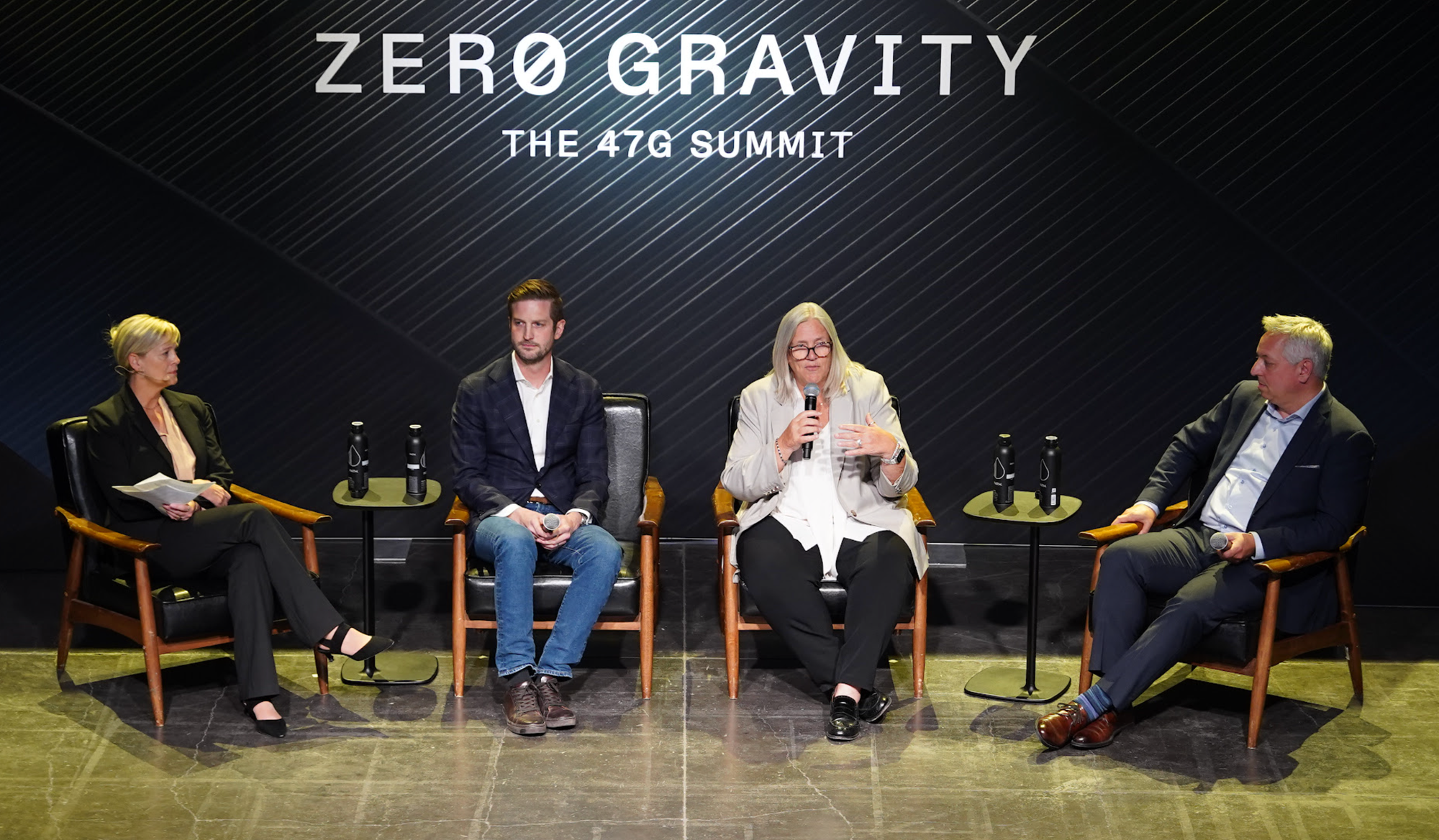
Panelists highlighted the challenges the government faces in implementing data-related legislation and the role of the private sector in innovation. They noted the importance of the private sector’s part in driving innovation and influencing policy. They came to the conclusion that there is a need for companies to build intelligence capabilities and protective systems which could, in turn, help address national security challenges.
Another panel discussion focused on capital innovation and startup funding in accordance with defense technology. Participants included the following individuals:
- Michael Dyment - Managing Partner of Nexa Capital (known for financing FAA infrastructure)
- Liz Young McNally - Deputy Director of Commercial Operations at Defense Innovation Unit (focuses on bringing commercial and dual-use technology into the Department of Defense)
- JR Gibbens - Chief Investment Officer for the Office of Strategic Capital (focuses on federal loan guarantees and national security)
- Scott Robertson - Managing Director at Dauntless VC
- Michael Jensen - Partner and Principal at Cicero Group

The discussion explored the evolution of venture capital in defense tech and the dreaded “valley of death" challenge for startups transitioning from prototype to product, and the role of federal loan guarantees in bridging this gap.
They emphasized the urgency of maintaining U.S. leadership in defense technology, with calls for increased congressional support and leveraging Utah’s unique ecosystem. One speaker, in support of the ecosystem, asserted, “Utah is uniquely positioned to be the place of growth for many of these companies.” He explained how certain areas in the United States play different roles when it comes to business and they believe Utah will be key for the defense sector.
Zero Gravity Summit presented an opportunity for attendees to understand the nation's current national security challenges and how Utah can contribute to soultions to those challenges. It was clearly articulated that the state of Utah can become a major defense company hub for the nation because of its location, political standing, defense tech companies, and other unique assets. Utah has the potential to shape the defense sector for the better.
